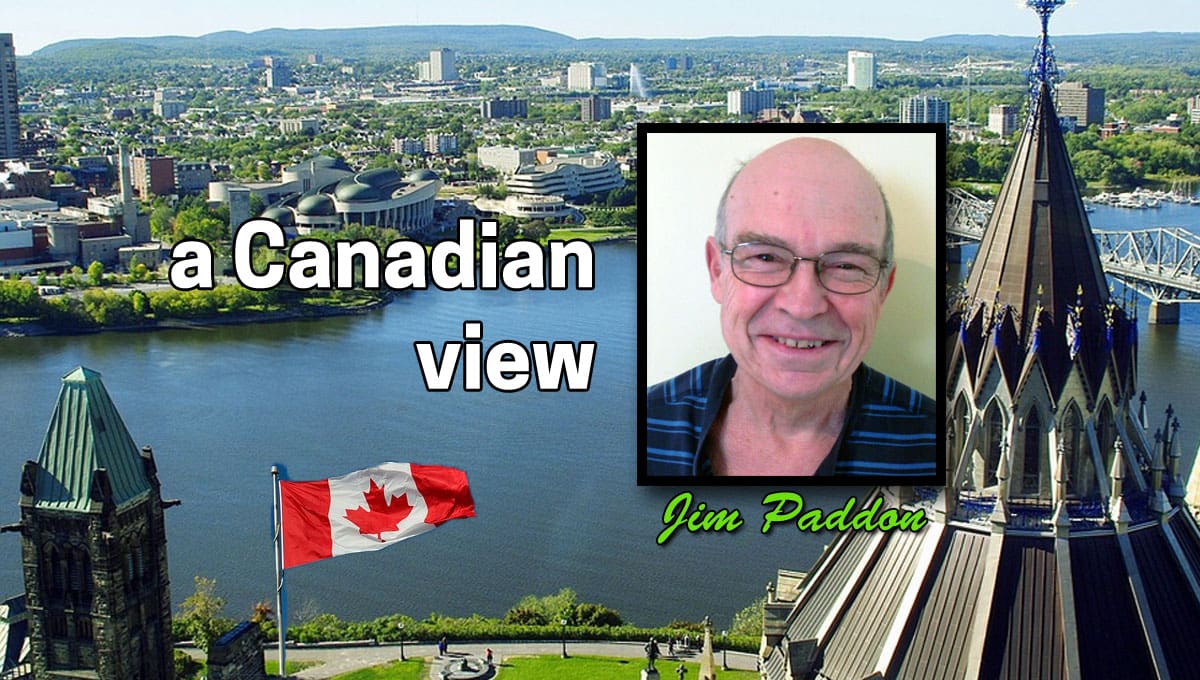A Canadian View: Reconciliation (Part 1)
A word that is heard and used often during the Lenten season is reconciliation. We usually think in terms of our Catholic faith and the sacrament of penance.
A couple of definitions of reconciliation that I have found are:
- Restoration of friendly relations.
- The action of making one view or belief compatible with another.

While both definitions are helpful, the question that results are how do we accomplish either one? As an example of how this can happen, I will use an action here in Canada that resulted from many years of mis-treatment of Indigenous people by government agencies and various religious denominations. As Canada became a nation made up of European immigrants, the federal government explored a way to address the fate of those indigenous people, native to Canada. One method was to establish reservations on which these people would live under federal government rules. A second and very damaging method was to establish a residential or border school structure which would force indigenous children to attend. These schools were operated by various churches, including the Catholic church with the main goal being to anglicize and assimilate the children into an English Christian culture. In addition to the negative effects this system had on the families, it also includes many instances of abuse.
When the Canadian government ended the residential school system it was left with the issue of how they could correct and heal the many injuries it left on the students and their families. How could there ever be any hope of the restoration of friendly relations? There were financial settlements made on various land claims, but the human healing component had to be addressed. This resulted in the creation of the Truth and Reconciliation Commission (TRC) in the early 2000’s which was tasked with the goal of giving residential school survivors and their families an opportunity to speak about the effect the system had on them physically, emotionally and culturally. The TRC travelled across Canada for serval years gathering the truth to lead to some form reconciliation between governments, churches and indigenous people. I shall explore some of the results of this journey in a future article and how important reconciliation became to all Canadians.
About the author:
 Jim Paddon lives in London, Ontario, Canada and is past president of the Ontario Regional Council of the Society of Saint Vincent de Paul. He is currently chair of the National Social Justice Committee of the Society in Canada. He is married to his dear wife Pat and they have six daughters and eleven grandchildren. Jim has been a member of the Society since the 1970’s.
Jim Paddon lives in London, Ontario, Canada and is past president of the Ontario Regional Council of the Society of Saint Vincent de Paul. He is currently chair of the National Social Justice Committee of the Society in Canada. He is married to his dear wife Pat and they have six daughters and eleven grandchildren. Jim has been a member of the Society since the 1970’s.
Opinions expressed are the author’s own views and do not officially represent those of the Society of St. Vincent de Paul.
Tags: Canada







0 Comments